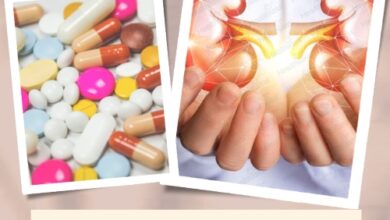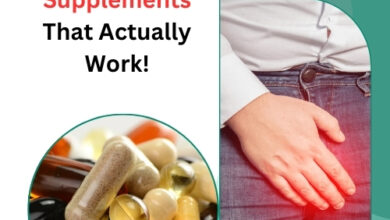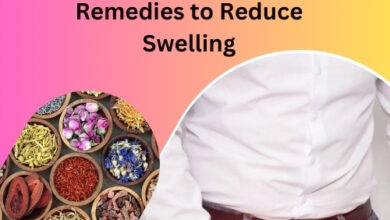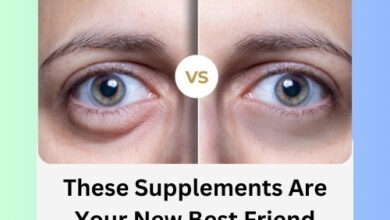Millions at Risk: Popular Herbal Supplements Linked to Potential Liver Damage
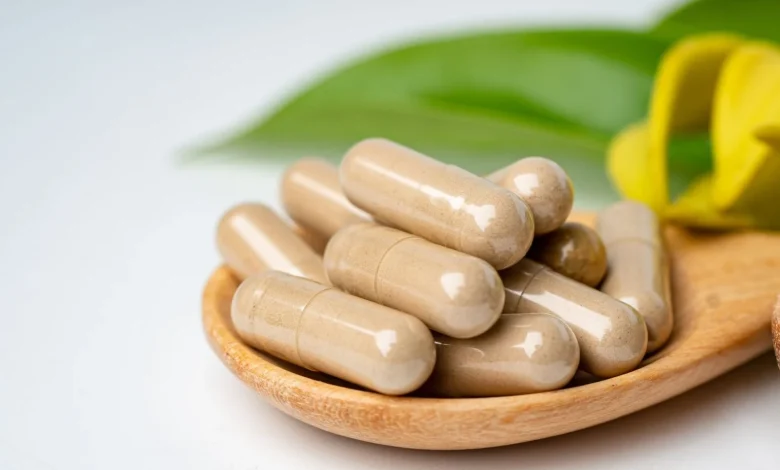
According to a University of Michigan study, many Americans take green tea and turmeric, two potentially hepatotoxic botanical supplements, without consulting a doctor. The research emphasizes the need for more knowledge and safety precautions in the quickly expanding supplement business by highlighting important issues such mislabeling, a lack of regulation, and inadequate medical monitoring.
A study reveals widespread use of herbal supplements previously identified as potentially harmful to the liver.
A University of Michigan study found that millions of Americans consume dietary supplements containing potentially hepatotoxic botanical components.
4.7% of the adult respondents to the National Health and Nutrition Examination Survey, which was carried out between 2017 and 2020, reported taking dietary supplements and herbal remedies that contained at least one of the botanicals of interest—turmeric, green tea, ashwagandha, black cohosh, garcinia cambogia, and products containing red yeast rice—during a 30-day period.
“The cases of liver toxicity from the use of dietary and herbal supplements in people enrolled in the ongoing NIH-funded DILIN study piqued our interest,” lead author Alisa Likhitsup, M.D., M.P.H., a clinical assistant professor of medicine at the University of Michigan, stated. However, it was challenging to determine the number and motivation of users of these supplements. The most significant discovery here is the sheer volume of Americans using these products—an estimated 15 million adult Americans use them frequently.
Challenges in Supplement Regulation
Previous studies in the sector had shown that the particular botanicals under investigation may be hepatotoxic. The researchers are particularly concerned about supplements due to a number of interconnected factors, including frequent mislabeling, a lack of government control, and inadequate attention in medical exams.
“We discovered that there was a significant amount of mislabeling of some of these products in a prior study,” said Robert Fontana, M.D., a hepatologist at Michigan Medicine, a professor of medicine, and the study’s lead author. “After doing analytical chemistry, we discovered a concerning fifty percent discrepancy between the substances listed on the label and their real contents. It’s essentially a coin flip as to whether a supplement’s claim that it contains a particular ingredient is accurate or not.
Regulation is lacking, which makes mislabeling easier. Furthermore, doctors frequently forget to inquire about their patients’ supplementation habits because the consequences of these drugs are poorly known.
Hepatologist Likhitsup added, “We had no idea that so many people were taking these supplements.” Consequently, doctors may not inquire about or discuss the implications of supplement use when visiting patients in their offices.
Turmeric (3.46%) was ingested by the largest percentage of the population under study, followed by green tea (1.01%), garcinia cambogia (0.27%), ashwagandha and black cohosh (0.38%), and red yeast rice products (0.19%). The majority of consumers claimed to have taken the botanicals independently, without a doctor’s recommendation. The most frequent justification for using the botanicals was to maintain or enhance health.
Motivations for Supplement Consumption
Of those who used turmeric, 26.8% did so especially for the items’ purported benefits for arthritis or joint health, whereas 27.2% of those who used green tea did so in the hopes of gaining more energy. Most people who used garcinia cambogia did so in the hopes of losing weight.
The industry growth of nutritional supplements and herbal remedies is one of the driving forces behind this research. According to the report, there are more than 80,000 distinct supplement items on the market globally, and in the US, supplement sales exceeded $150 billion in 2023—a sum that exceeds the total sales of prescription medications.
Comparing 2010–2020 to 1994–2009, a study conducted indicated a 70% rise in liver transplants as a result of supplement-related injuries.
The JAMA study was designed to evaluate supplement exposure in the general U.S. population; hence, it was unable to show any causal association between consumption of the six botanicals and liver harm. The researchers nevertheless intend to raise awareness among physicians and patients regarding the extent of unanswered questions surrounding these supplements, given the absence of regulation.
Fontana remarked, “We’re not trying to create alarm.” “Our goal is to raise awareness that the over-the-counter supplements people purchase and take have not been subjected to testing or conclusive evidence of safety.”

